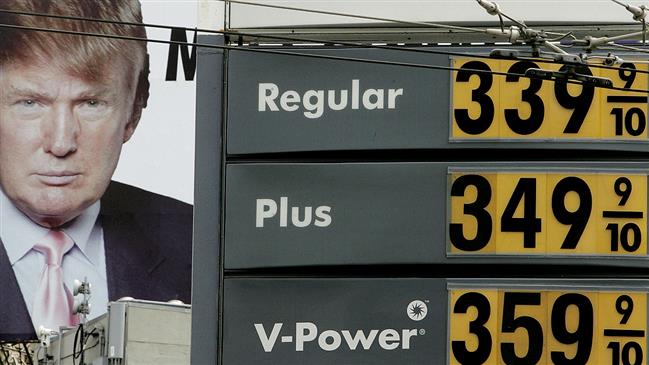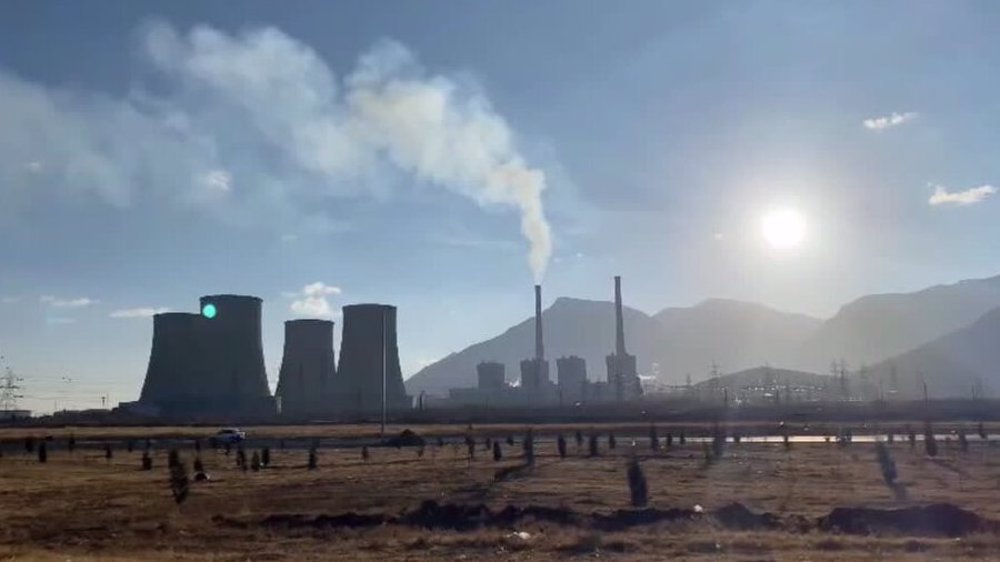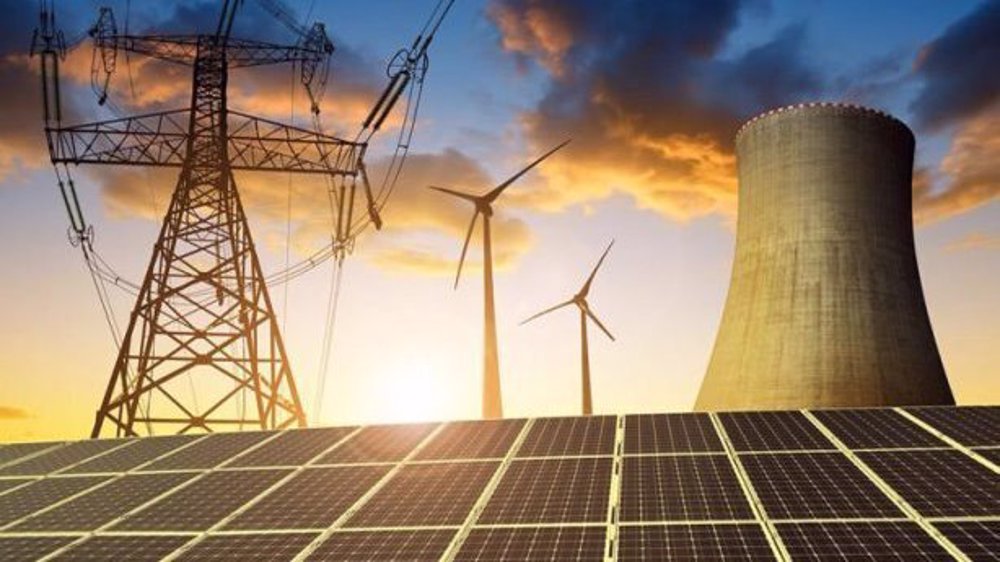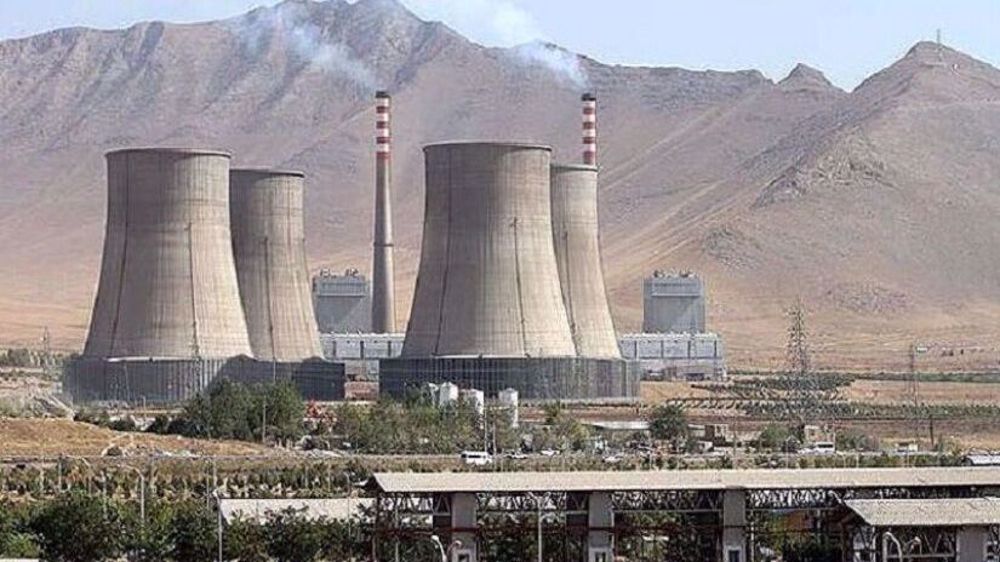US sanctions on Iran may push oil prices above $150: Hedge funds
Upcoming US sanctions on Iran's energy sector, which snap back on November 4, could push oil prices above $150 a barrel from around $75 now, prominent hedge funds have warned.
US President Donald Trump has said that Saudi Arabia’s ruler King Salman had agreed to soon raise oil output by up to 2 million barrels per day (bpd) to make up for lost Iranian barrels as a result of the sanctions.
Energy strategists, however, dismiss an abrupt increase in oil production as political noise. "You cannot order 2 million barrels like ordering a coffee somewhere,” Beat Wittmann, a partner at financial consultancy Porta Advisors, told CNBC last month.
Trump’s move to withdraw the US from a landmark nuclear deal with Iran and reimpose sanctions on the country has already pushed oil prices above $78 a barrel for the first time since late 2014.
Oil prices jumped on Tuesday after OPEC’s top producer Saudi Arabia reported that it had cut its production in July compared to June.
OPEC's spare capacity is currently at its lowest ever, Pierre Andurand who runs the $1.2-billion Andurand Commodities Fund and predicted the rise and subsequent crash in the oil price in 2008 pointed out on Twitter.
"There is going to be a real issue," he wrote, predicting prices above $150 per barrel within two years.
According to Westbeck chief investment officer Will Smith, crisis-hit Venezuela's crude production could fall below 1 million barrels per day (bpd) by the end of the year, compared with 2 million bpd in mid-2017.
Analysts believe a disruption to Iranian supplies of around 2.4 million bpd could deal a major blow to the market depending on how much the shipments would be affected.
China, India and Turkey are already on board to continue Iranian oil imports, and Japan has said it is considering continuing shipments.
Nevertheless, Bloomberg reported on Tuesday that India may cut its imports from the Islamic Republic by half to secure a waiver from the US to continue with shipments.
Iran is India’s third-largest supplier after Iraq and Saudi Arabia and meets about 10% of total needs.
"Our view is that by November 4, we will have lost between 1.3 and 1.4 million barrels (of output) a day. It is a very big number,” Reuters quoted Jean-Louis Le Mee, chief executive officer of London-based Westbeck, as saying Tuesday.
“That's based on the view that the US will allow a few temporary exception waivers. Ultimately, we could see losses from Iran exceed 2 million barrels a day,” he said.
Iran has warned that if its oil exports are blocked, it would work to prevent all oil flowing through the Straits of Hormuz, a choke point for maritime deliveries.
The threat of elevated fuel prices comes as the US trade war with its biggest trade partners risks putting upward pressure on consumer prices and denting Americans' view of the economy.
It is not clear yet whether voters will connect Trump's policies to higher gasoline costs in the upcoming elections and punish Republicans at the polls.
VIDEO | Iran-Syria: For Resistance
Qassam Brigades claims killing 3 Israeli troops in northern Gaza
More alive than ever: Sayyed Hassan Nasrallah's legacy grows stronger in martyrdom
Occupation of Syria’s highest peak Mount Hermon part of ‘Greater Israel’ project
Iran: Syrian people will decide their future without foreign interference
IRGC says Iran’s power exceeds borders, warns enemies to adjust themselves
Dozens detained, several wounded in Israeli raids in West Bank
‘Ethnic cleansing’: Hamas blasts Israeli attacks on Gaza hospital amid intl. silence












 This makes it easy to access the Press TV website
This makes it easy to access the Press TV website